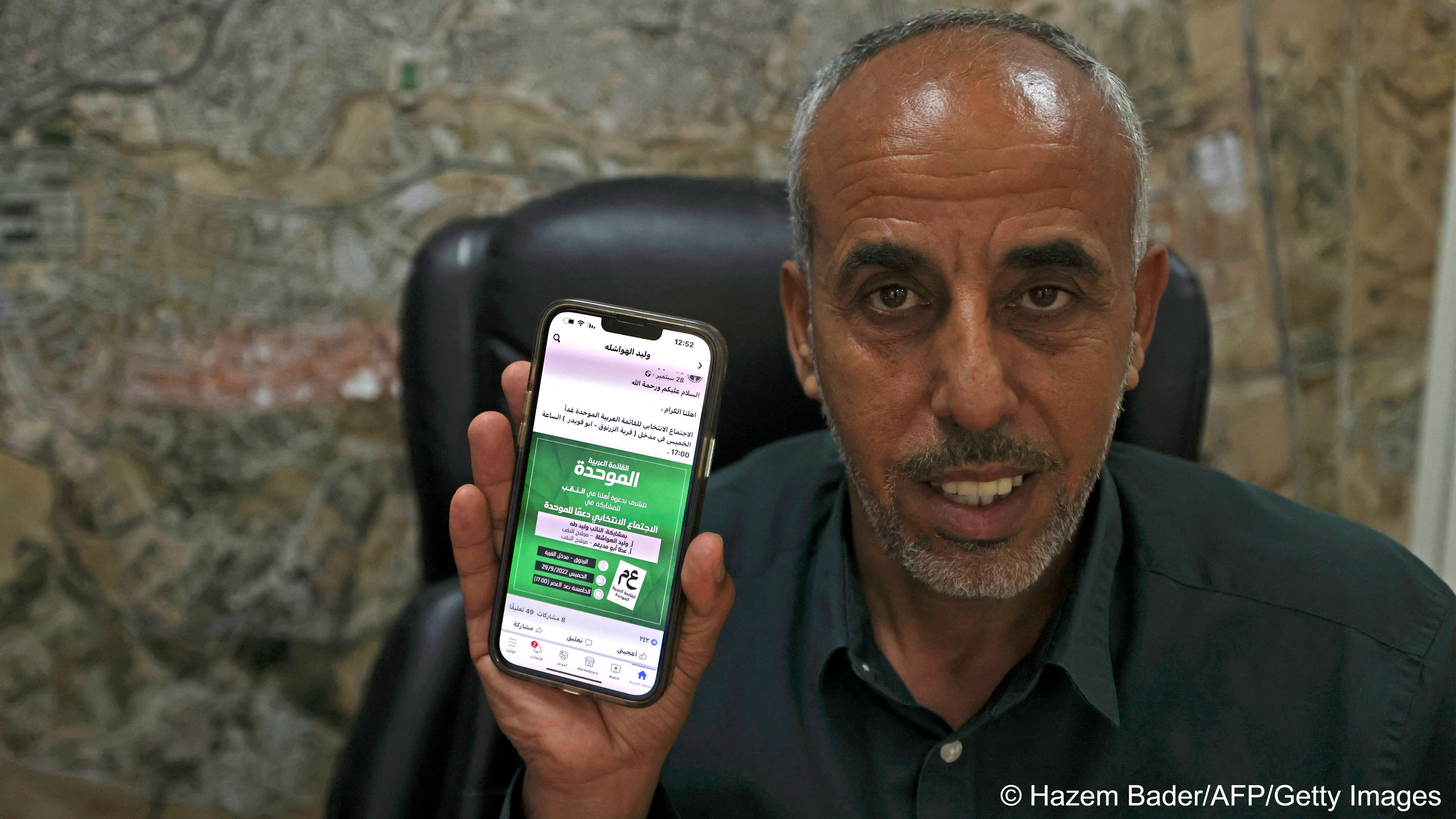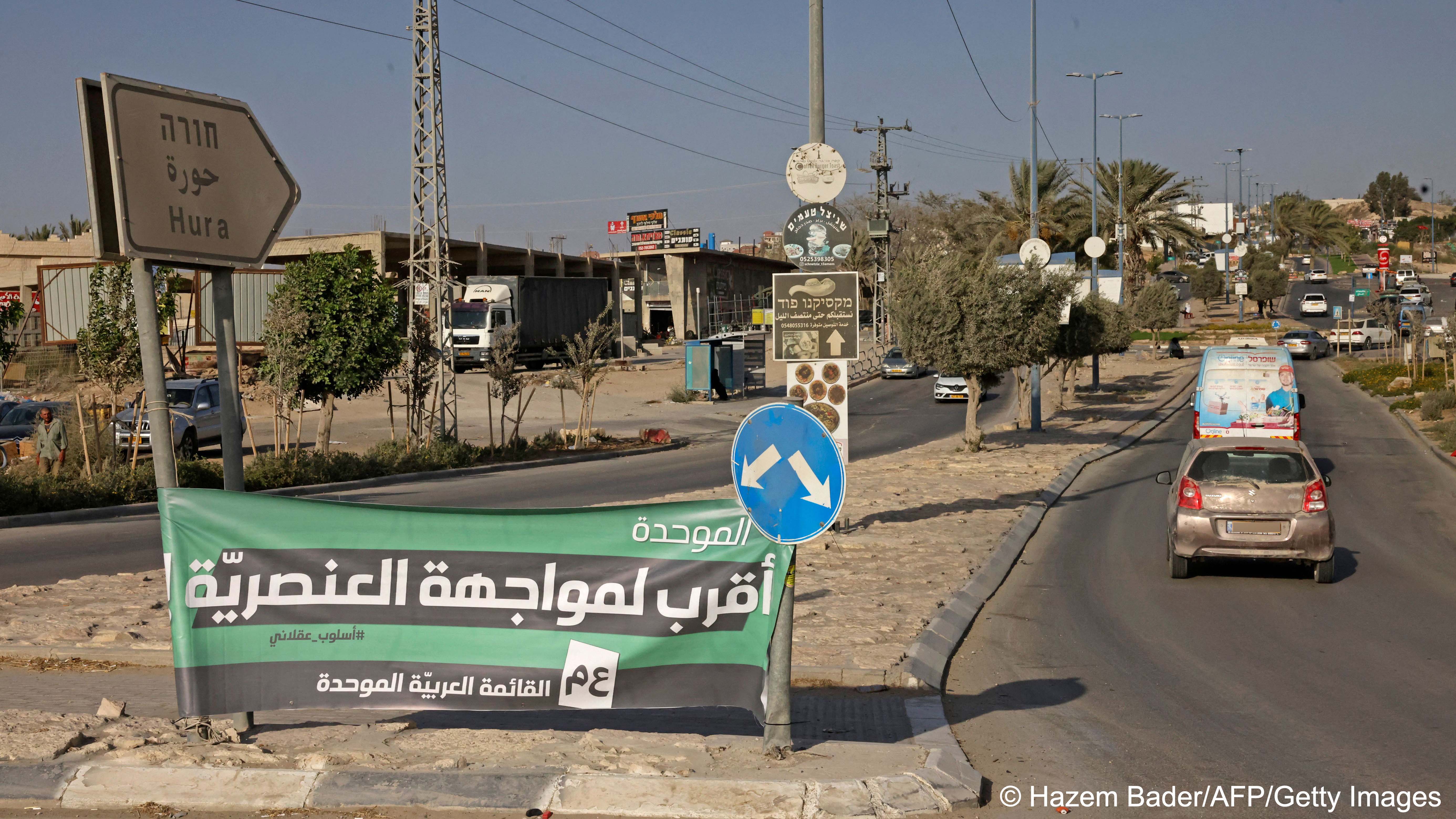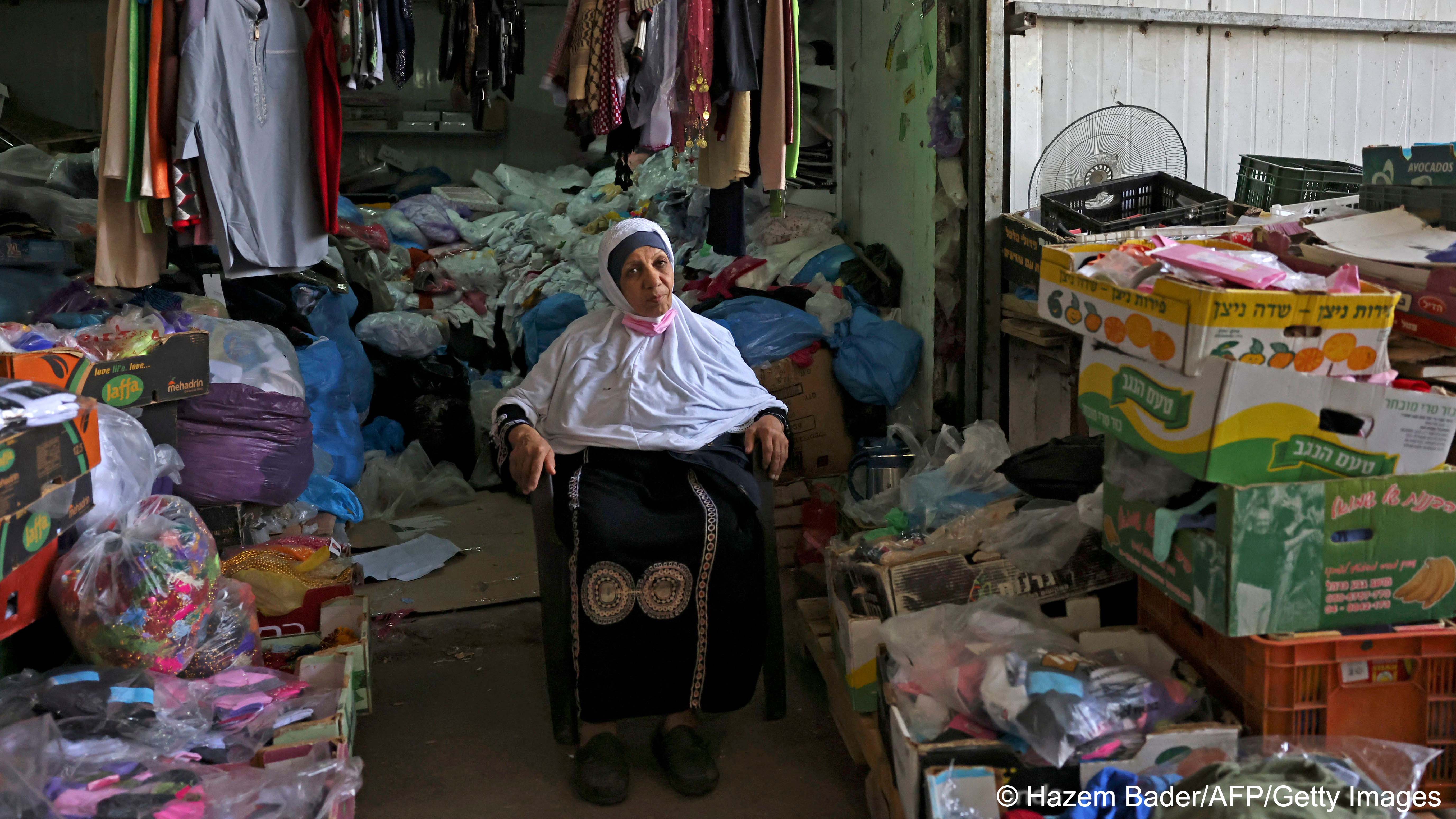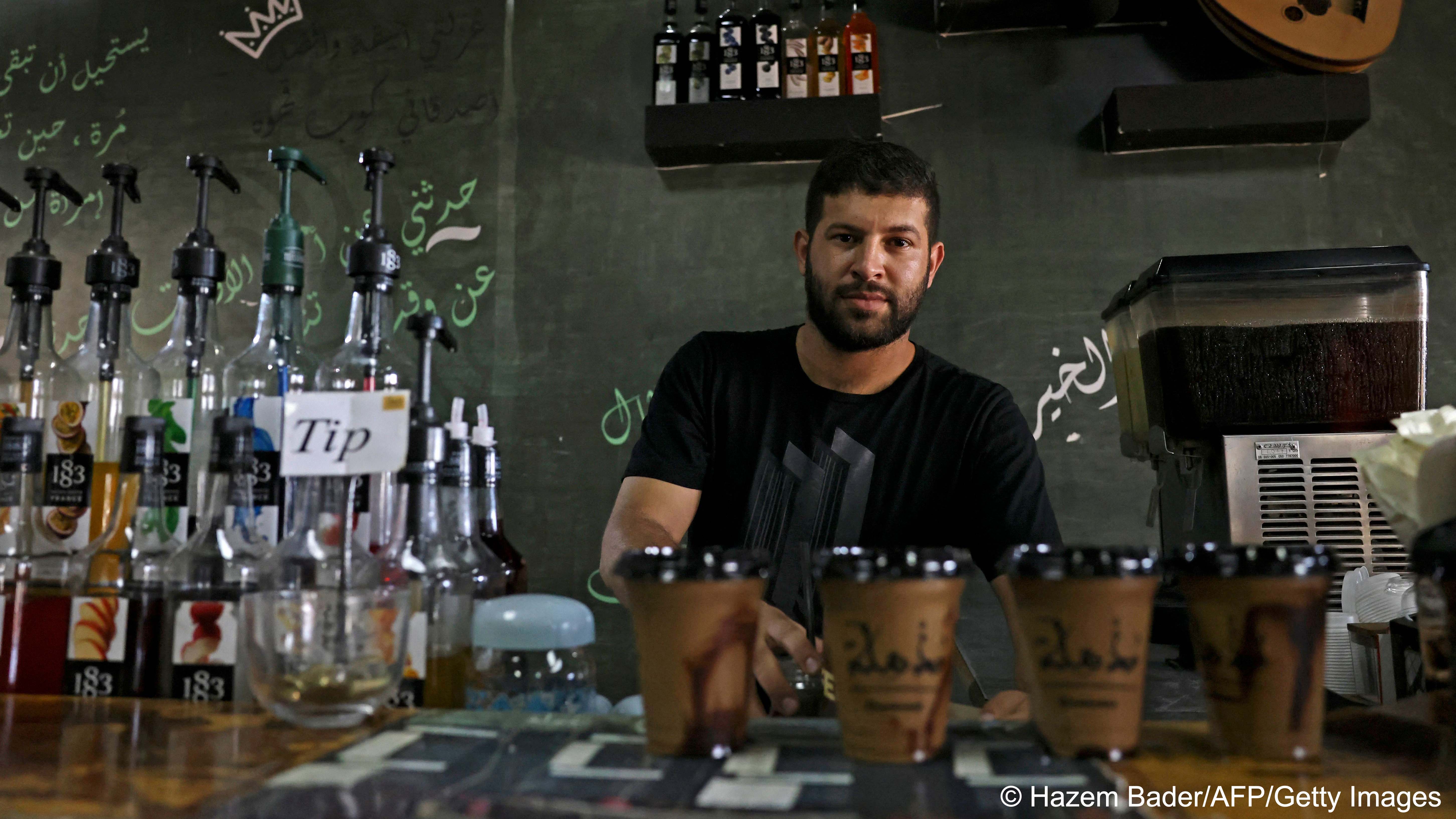Israel's fifth general election – what’s the point?

"The top issue is how do we get Arab citizens from their houses to the ballot box," said Fayez Abu Souhaiban, mayor of Rahat, ahead of Israel's November 1 polls. "This is a big issue and a very big dilemma."
The town sits in the southern Negev desert region, far from Israel's centres of power and home to the majority of Israel's Bedouins who are part of the wider Arab community. In Rahat's central market, many traders and shoppers said they had no idea who to vote for and were unable to name any candidates or parties.
In part, the disinterest is the result of dashed hopes for Arab-Israelis who make up about 20 percent of the country's population and have long complained of discrimination, despite recent political gains.

Just last year the Bedouins' key advocate, Mansour Abbas, became the first leader of an independent Arab party to join a coalition government. However, while the inclusion of his conservative Islamic party Raam brought funding pledges and promises to tackle inequality, many Arab-Israelis now argue they saw no tangible benefits from the coalition before it collapsed in June.
"There's no change"
Rami Abu Sharem, a teacher and cafe owner in the Negev village of Hura, complained of "zero investment" in the community and in education in particular. "We used to vote all the time, but this time we'll abstain," he said of his family. "Whether you vote or don't vote, it's the same thing. There's no change," added the 29-year-old.
Arab politicians are already underrepresented in parliament, most of them sitting in Arab-majority parties that hold just 10 out of the Knesset's 120 seats. Turnout will be influenced by people's disappointment in their parliamentary representatives and a broader alienation from politics, said Tamar Hermann, a senior research fellow at the Israel Democracy Institute.
"On a good day it would be 45 percent," she said, akin to last year and down from nearly 65 percent reached in 2020. Comparatively, the nationwide turnout has been above 67 percent in the past four elections.

As Israel's political system is characterised by coalition-building, a poor show for Arab parties could strengthen the right-wing bloc led by former premier Benjamin Netanyahu, who is seeking a comeback. "If the Arabs don't vote, then the chance of the right to have a 61-seat coalition gets higher," said Hermann.
Raam is forecast to hold onto its four seats, but broader Arab representation could be dented after the Arab nationalist party Balad decided to quit an alliance with two other groups. The remaining alliance of the Hadash and Taal parties is forecast to win four seats, the minimum for representation in parliament, but Balad has been polling far below that threshold.
"Not about billboards"
Balad politician Mtanes Shehadeh, sitting in the shade of an olive tree in a cafe in the northern port city of Haifa, however, remained confident he can bring out the vote among his constituents. "We have branches to work in the field, work with the people, conduct home visits, private discussion groups, rallies, distributing leaflets on the streets," he said. "We think it's enough to get four seats. We influence the political sphere, that's our role," added Shehadeh, whose Balad party is opposed to joining any coalition.

While Shehadeh said he has already visited the Negev during the campaign, the majority of Arab voters live in northern Israel. Shopping in central Haifa, 70-year-old Rosa Balloutine summed up the level of despondency when she dismissed all politicians as "liars". But she added that "in the end, I will go to vote, otherwise my voice will go to Netanyahu".
Aida Touma-Suleiman, an Israeli-Arab lawmaker from Hadash, said she feared "thousands, maybe tens of thousands of votes... will be thrown away" if Balad does not cross the electoral threshold. While many voters have voiced frustration at Israel's repeated rounds of elections, Touma-Suleiman said that "it's one frustration on top of another" for the Arab minority, whose political alliance has split.
Fielding calls in a Haifa office, where paint was peeling off the walls, she admitted Arab lawmakers have their work cut out. "This election is not about billboards, it's not about big meetings," said Touma-Suleiman. "You need to work hard today and to develop a kind of quiet and sincere talk with your voters, in order to convince them to come and to vote." (AFP)
